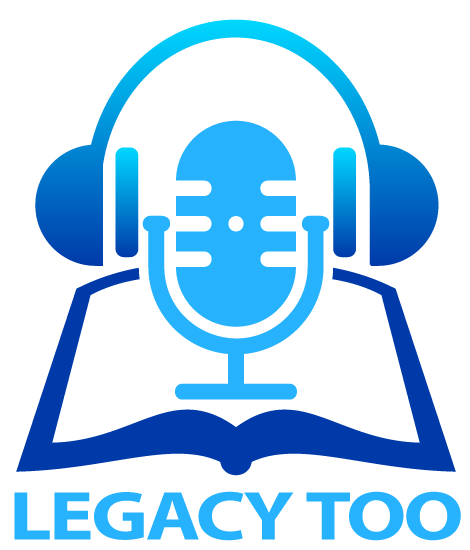Oral History is a familiar audible voice, talking or singing about a story or an event,
that has personal memories of an individual, family or groups of people such as a town or nation, that can be recorded as first-hand knowledge of past events and records with the mere sound of the voice.
 Written records are used to record events without the advantage of having the person present telling the story in person. There has never been a human culture, no matter how remote or isolated, that does not take advantage of vocal history in talk or song.
Written records are used to record events without the advantage of having the person present telling the story in person. There has never been a human culture, no matter how remote or isolated, that does not take advantage of vocal history in talk or song.
The one thing that people love, is the sound of the human voice. As It is one of the most important assets of biological beings.
As human beings, our emotions and memories dramatically impact how we feel.
The sound of the familiar voice telling a historical story of the individual listening or the person telling the story is one of the most comforting memories we have of family members.
Voice inflection, pitch, volume and timber are all combined naturally to create a single voice that we differentiate from all others. This combination of personal language is assigned at birth and follows each individual throughout their life.
Talk is the lifeblood of communication. This method of spoken messages is the root of all human communications.
Oral history combining talk with gestures and laughter creates a verbal story that can be passed down for generations to come. Until 1948 when the first commercial tape recorder was produced, these vocal histories were spoke into the ether and dissipated like the evening mist.
Today, we have the convenience of computers and phones that can record the audible voice with every infinite detail of the single person’s identity.
LegacyToo.com has created a convenient social media platform to store the time sensitive voice of any individual in the cloud for generations to come. The 10 second Voicelette™ is free for the user to say anything within 10 seconds, and send it to the recipient to be received at a predetermined time. Voice messaging may just replace text. As humans the first choice for communication is by voice. The voice message is convenient, quick and relays far more personality than text.
A short oral message doesn’t lose anything in translation. It can be recorded anytime, anywhere and can be listened to when it’s convenient. The message can be received, recognized and heard without committing to an actual phone call.
There is no autocorrect when speaking a word. You merely record and send. This is accomplished quicker than typing especially if the message is lengthy.
Voice history is made far more convenient when dealing with different languages. Everyone just speaks their own language.
Mistakes, spell check and typos are the thing of the past.
 How does it work? Dr. Qooz says, “Record it, send it just like a text and the recipient listens instead of reads your message at their convenience, just like a text.”
How does it work? Dr. Qooz says, “Record it, send it just like a text and the recipient listens instead of reads your message at their convenience, just like a text.”
A short oral message of 10 seconds may not be enough time for your specific message. To Learn More about the times available from 10 seconds to 15 minutes click here!




